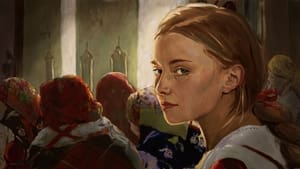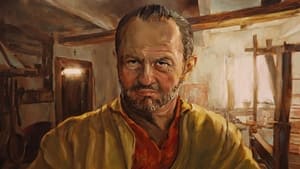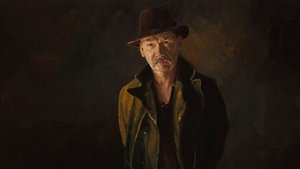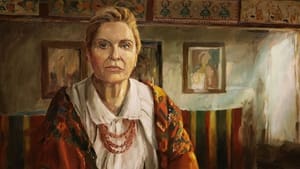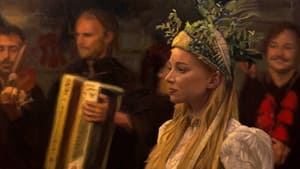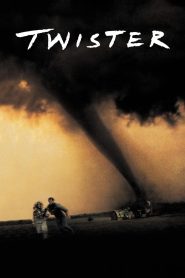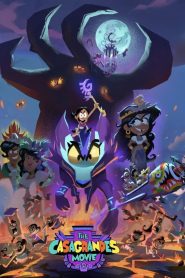
Video Sources 48 Views Report Error
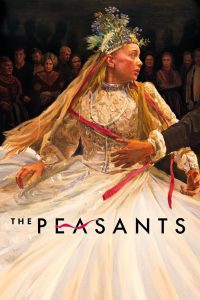
Synopsis
In a poignant exploration of social norms and personal resilience, the story of Jagna unfolds against a backdrop of rural Poland, where traditional values and familial expectations clash with individual desires. Jagna, a peasant girl of striking beauty and strong-willed spirit, is thrust into a tumultuous existence when she is coerced into marrying Boryna, a wealthy farmer significantly her senior. This forced union, driven by the patriarchal machinations of her community, stands in stark contrast to her genuine affection for Boryna’s son, Antek.
As the narrative progresses, Jagna’s predicament becomes emblematic of the broader societal tensions faced by women in traditional settings. Despite her initial resistance, Jagna’s marriage to Boryna is sanctioned by social conventions, rendering her personal desires secondary to the demands of familial duty and economic stability. The relationship between Jagna and Boryna is marked by an inherent imbalance of power, with Jagna’s youthful vitality and emotional needs overshadowed by Boryna’s entrenched authority and material wealth.
Jagna’s predicament is further complicated by the growing animosity and envy of the village inhabitants. Her presence and her marriage to Boryna, a man of substantial means, incite disdain and jealousy among the local community. The villagers’ reaction reflects a broader societal tendency to vilify those who defy conventional norms or challenge the status quo. Jagna’s struggle to assert her independence amidst such hostility highlights the pervasive nature of social scrutiny and the difficulties faced by individuals attempting to navigate restrictive cultural frameworks.
The conflict intensifies as Jagna grapples with the stark contrast between her internal desires and the external pressures imposed by her environment. Her love for Antek, though genuine, remains unfulfilled due to the rigid constraints of her marriage. The emotional and psychological toll of her situation becomes a central theme, illustrating the broader implications of personal sacrifice and the quest for self-preservation in the face of societal expectations.
Jagna’s fight to maintain her independence is both a personal and political struggle, symbolizing the broader fight against the subjugation of women and the challenge of asserting one’s agency within a confining social structure. Her resistance to the societal norms and her determination to protect her autonomy, despite the formidable obstacles she faces, underscores her role as a protagonist who defies the limitations imposed upon her by both her marriage and her community.
As the story unfolds, Jagna’s journey becomes a compelling commentary on the intersection of personal freedom, social expectation, and individual agency. Her experiences serve as a testament to the resilience required to challenge entrenched social norms and the enduring struggle for personal autonomy in a context that often seeks to constrain it.
In conclusion, Jagna’s narrative is a rich exploration of the complexities of personal and social conflict. Her story sheds light on the broader implications of societal expectations and personal desires, offering a profound examination of the struggle for independence against a backdrop of traditional constraints.
Original title Chłopi
IMDb Rating 7.7 6,308 votes
TMDb Rating 7.7 99 votes
Director
Director
Cast
Jagna Paczesiówna
Antek Boryna
Maciej Boryna
Hanka Borynowa
Marcjanna 'Dominikowa' Pacześ
Blacksmith Michał
Organist's Wife
Mayor's Wife
Jagustynka
Mayor Piotr





